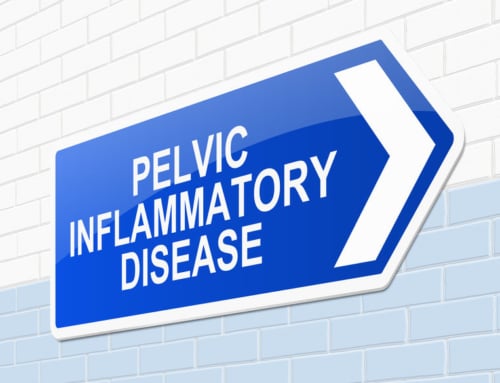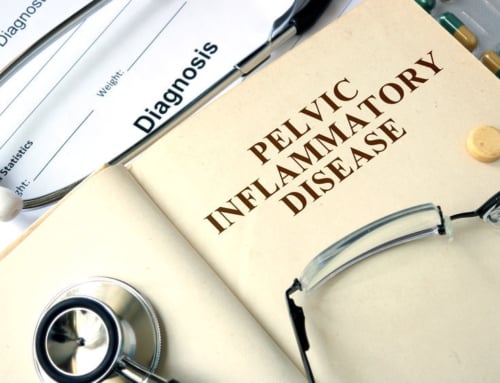
Listeria Infection
Learn about listeria infections and how to avoid them during pregnancy.
What causes a listeria infection?
A listeria infection is caused by foodborne bacteria, and it can be very serious (sometimes fatal) for babies, those who are pregnant, or individuals with weakened immune systems. Listeria infections are commonly contracted from deli meats and unpasteurized milk products.
What are the symptoms of a listeria infection?
The following are symptoms for a pregnant woman who has a listeria infection:
- Muscle aches
- Nausea
- Diarrhea
- Fever
In more serious cases where the infection spreads to the nervous system, the signs and symptoms could include:
- A stiff neck
- Headaches
- Changes in alertness
- Loss of balance and coordination
- Convulsions
While symptoms can arise a few days after eating the contaminated food, it could take as long as 30 days for symptoms of a listeria infection to appear.
In a pregnant woman, a listeria infection could be fatal for the baby while it is still in the womb. Alternatively, a baby could be born and then have a life-threatening infection within a few days.
How can a listeria infection be prevented?
Follow instructions given by your physician to avoid the foods that are most commonly linked to listeria infections. These include:
- Soft cheeses
- Unpasteurized milk
- Processed meat (hot dogs) or deli meat
- Foods that have been recalled because of listeria infections
The following steps are also important:
- Maintain cleanliness with thorough hand washing while preparing or handling food.
- Use brushes to clean raw vegetables under running water.
- Cook meat, poultry and eggs to the appropriate temperatures.
How is a listeria infection diagnosed and treated?
If you think you have a listeria infection, consider the following questions before going to your physician. They will be important for diagnosis and treatment.
- What are your symptoms?
- When did they begin?
- How far along are you in your pregnancy?
- What are medications are you currently taking?
Serious listeria infections may require antibiotics for treatment. In pregnant women, antibiotics can minimize the effects on the baby. Individuals with mild listeria infections may not require any treatment.
If you would like more information about listeria infections, contact your neighborhood Texas Health Care Obstetrics & Gynecology clinic in DFW.






